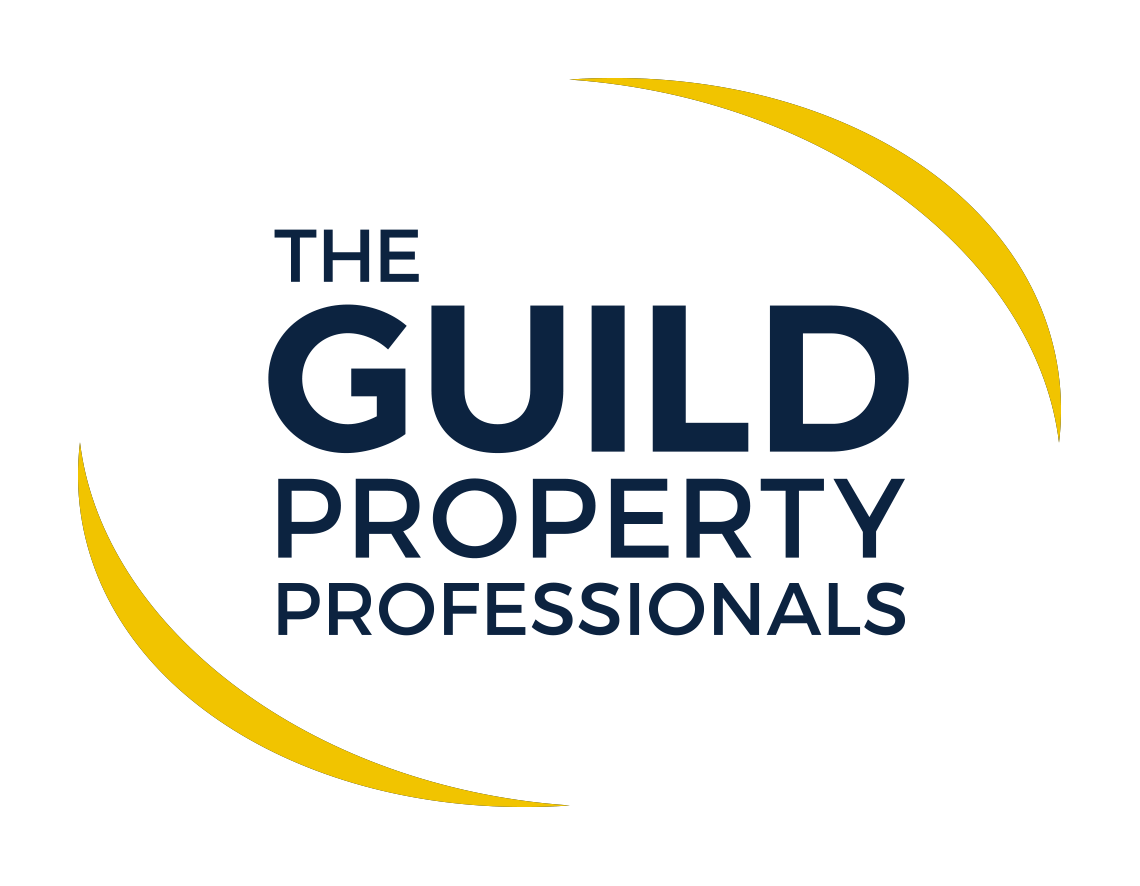On Friday, the Government announced that it would extend the eviction ban for a further four weeks, along with introducing a minimum six-month notice period for landlords who wish to evict their tenants in England.
Paul Offley, Compliance Officer at The Guild of Property Professionals, says that following the latest announcement, in the UK there are currently four different processes for a landlord to seek possession using a section 21 notice across England, Wales, Northern Ireland and Scotland, varying in notice periods from three to six months and review dates of notice periods from 30th September 2020 to 30th March 2021.
“Whilst the announcement could be seen as good news for tenants as it gives them the security of having a home, especially during a time when so many have been effected by the financial impact of the pandemic, it begs the question – what about the landlord?” asks Offley.
He says that, while the eviction notice in England is moving to six months, it could take far longer for landlords to go through the eviction process, especially if the tenant fails or chooses not to give up possession after the six-month period has lapsed. “The landlord would then have to start legal proceedings and pay for a hearing and wait for a court slot, which could take another six to eight weeks to get. If the tenant pleads that they have no money, the judge will normally then give the tenant an additional 14 days to vacate the premises. It will have to go court again, at which time the judge would rule whether a bailiff would be appointed to evict the tenant. All in all, it will be some time before the landlord gets their property back,” Offley explains.
“During this notice period, landlords may not be able to access ‘mortgage holiday periods’, which will result in a loss of income for them. Another aspect that landlords will need to consider is that during the notice period, they are still legally bound to maintain Health and Safety issues within the property but may not have any rental income coming in to pay for repairs. If the boiler breaks for example, it will need to be fixed at the landlord’s expense, whether they are receiving an income from the property or not,” says Offley.
“In the instance where an agent is managing the property, they will also still be responsible for doing so, even though they will not be receiving an income. It is unlikely that the Government will make a U-turn on this, so agents need to be working hard on arrears management so that problems and risks are reduced. The key aspect will be for landlords and agents to be able to manage the situation with their tenants and possibly agree on a payment plan where feasible,” Offley comments.
He adds agents should communicate to tenants that if they can’t pay their rent at any point, they should inform the agent without delay. If the tenant says they cannot pay due to impact of employment or income relating to Covid-19, then they should be asked to provide proof by sending either a letter from their employer or bank statements. “Once an agent is aware of a problem, they should work with the tenant on getting the situation resolved as soon as possible to avoid having to go down the long eviction route, and rather look at alternate options that will work for both the landlord and tenant,” Offley concludes.
The Guild has partnered with lettings expert and trainer, Sally Lawson, to deliver a 11-step Coronavirus plan for helping agents manage their business during this time. The plan offers agents invaluable advice on managing tenants in arrears.

